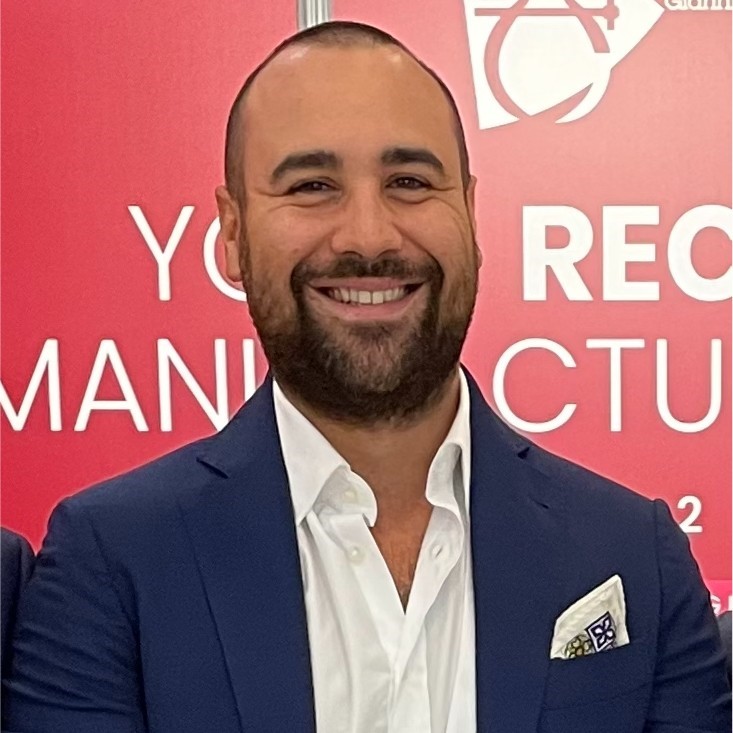Riccardo Ferrari

Bio
Riccardo was born in Voghera, Italy in 1992. After earning a bachelor’s degree in Industrial engineering with mechanical focus. He started his professional journey at Brambati Spa, as project engineer developing projects for leading companies such as Lavazza, Barilla, De Cecco, Nestlé. During this period he developed a passion for project management and process for innovative solutions. This experience allowed him to gain expertise in managing complex projects. Riccardo then expanded his skills by working in another group within food and beverage industry, involved in production of High quality chocolate in a global scale, collaborating with renowned brands like Patchi, based in Dubai and focusing on innovative technologies.
Keen on the process and plant automation he dedicated himself to improving the plant’s systems to get more advanced, aiming to enhance safety and reduce operational costs.
In 2019 he joined GME as a Process Engineer.
Today he’s managing the plants processes and heads the automation department, driving innovative solutions for a better and sustainable technologies particularly in the areas of ULAB and Aluminum recycling.
Polypropylene, a commonly used plastic in battery casings, has historically posed a significant challenge in the recycling process due to its complex composition. Recent advancements have revolutionized polypropylene recovery from discarded lead-acid batteries. GME has developed an innovative recycling plant that not only shreds, washes, and decontaminates polypropylene, achieving an impressive purity level of <200 ppm of lead, but also employs advanced sorting and separation techniques, such as wavelength-viewer based for color detection, to efficiently isolate and extract polypropylene components. The output from the plant is available in two forms: PP Chips (approximately 10mm in size) and PP Granules (approximately 1mm in size). This innovative approach diverts significant amounts of plastic waste from landfills, enabling the reuse of polypropylene in various industries, thus reducing the demand for virgin plastics and conserving valuable resources. This paper presents a detailed study of the polypropylene recovery process and highlights GME’s contributions to a sustainable and circular economy.


